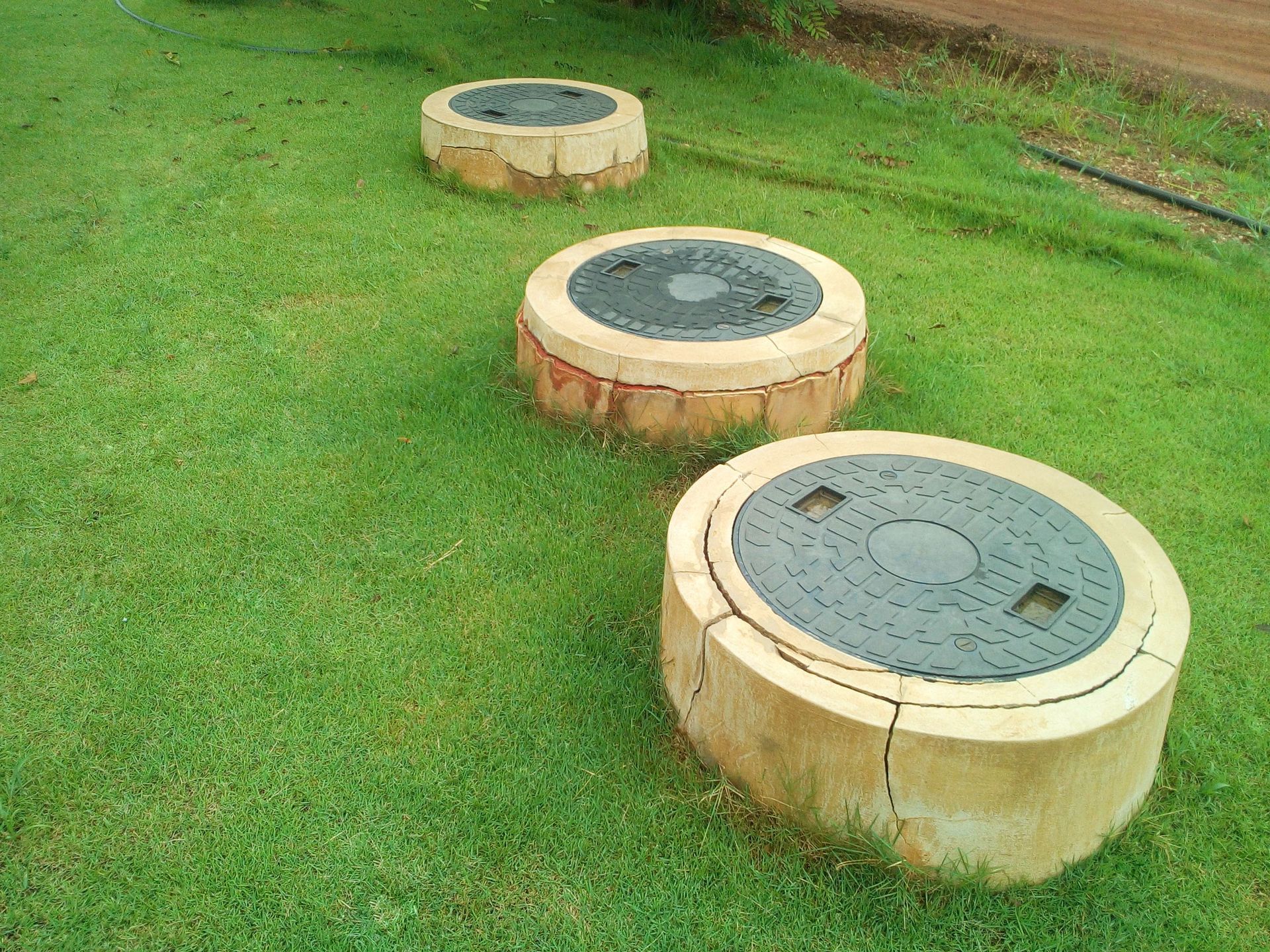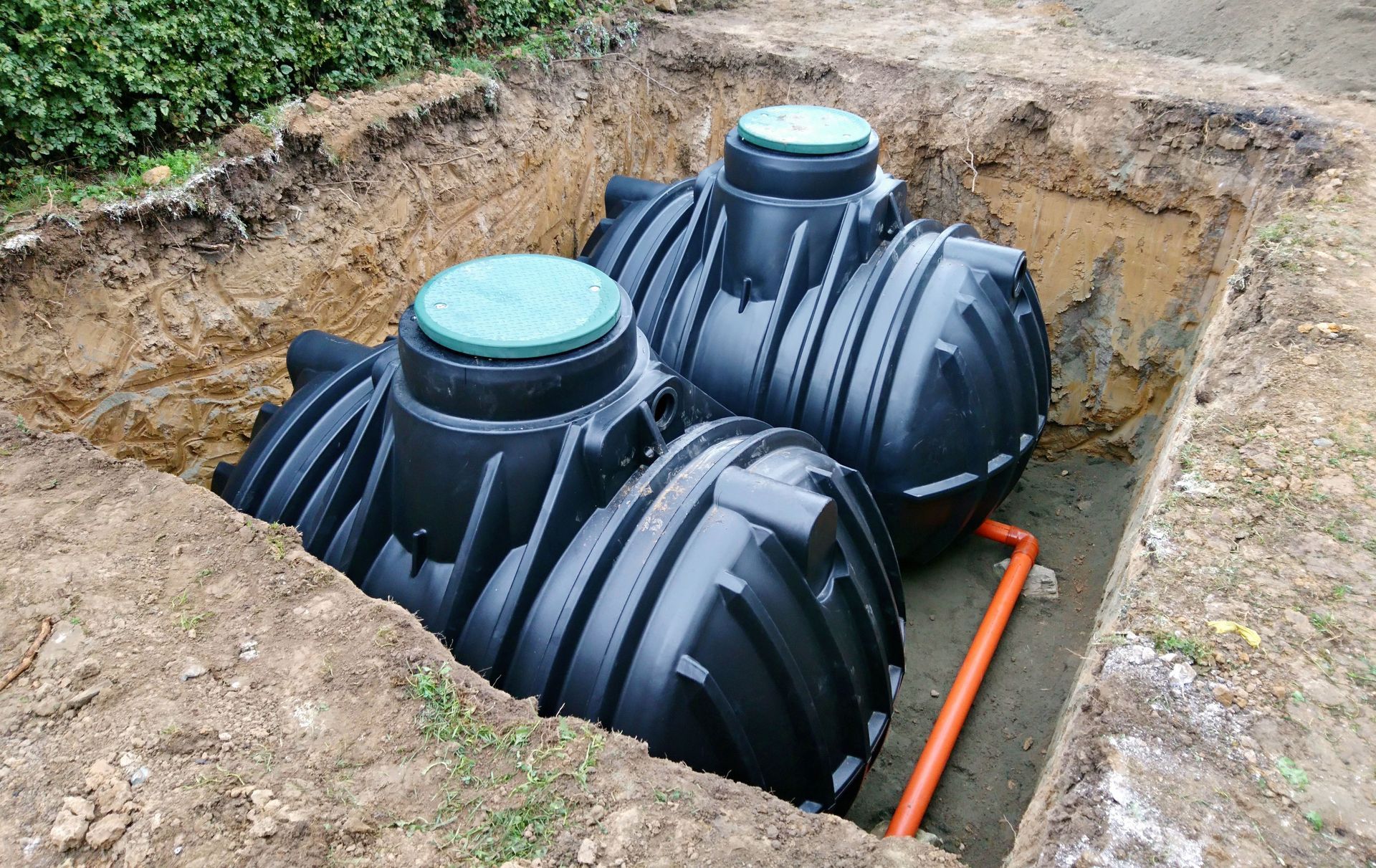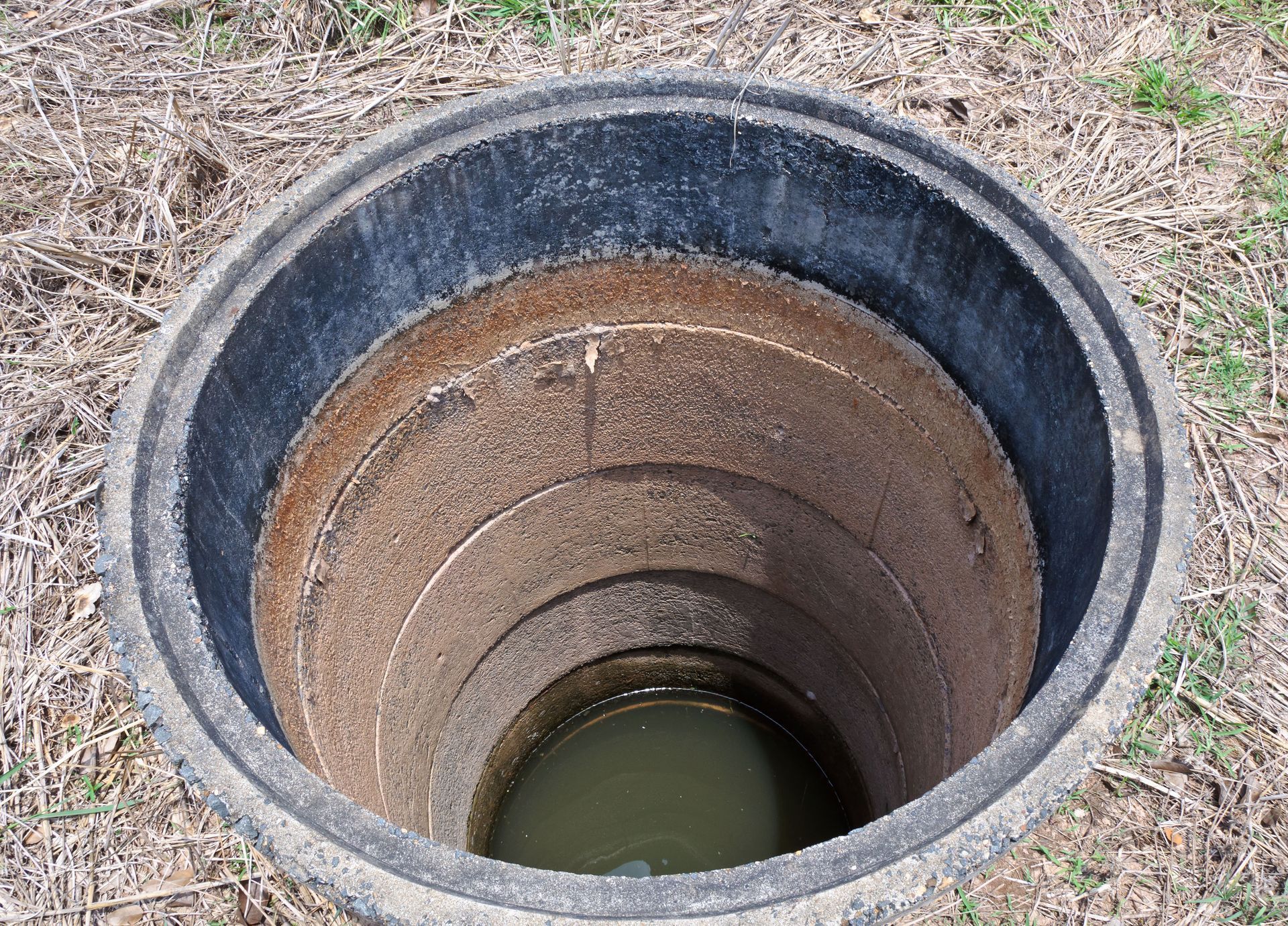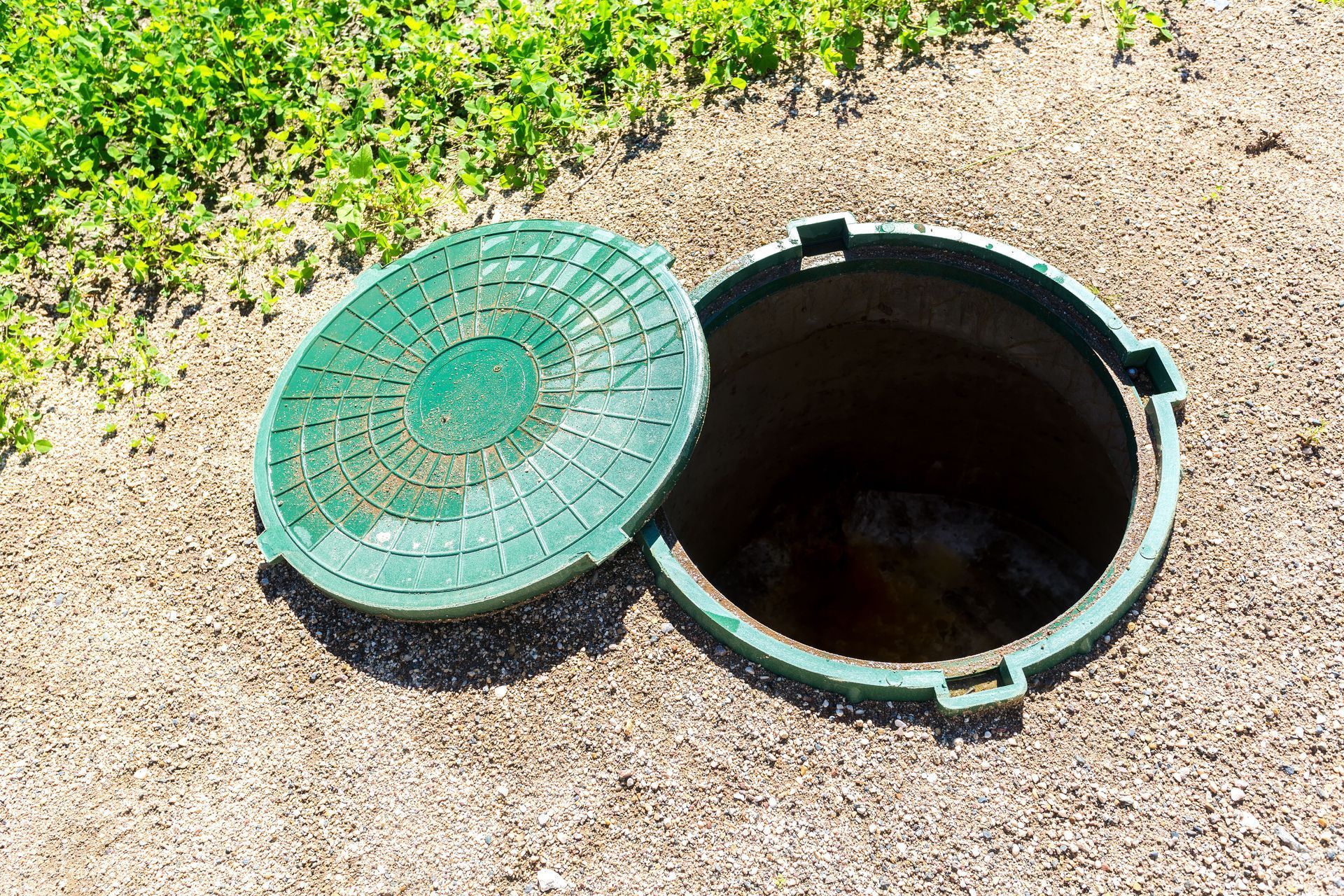August 18, 2025
Septic tanks are an essential component of any home that isn't connected to a municipal sewer system. Proper maintenance of your septic system is crucial to avoid messy and expensive problems down the line. One key aspect of this maintenance is regular septic tank inspections. However, how often you should schedule these inspections can vary depending on several factors.
According to This Old House, the typical lifespan of a septic tank is 15 to 40 years, depending on the tank's material and how well it is maintained. Regular inspections are one of the best ways to extend your tank’s life toward the upper end of that range. In this article, we delve into five critical factors influencing the frequency of septic tank inspections.
1. Household Size
The number of people living in your home is a significant factor in determining how often your septic tank should be inspected. A larger household naturally produces more wastewater from daily activities like bathing, cooking, and laundry. This increased volume puts more strain on the septic system and can lead to faster accumulation of solids in the tank. For a typical family of four, we generally recommend having a septic inspection every three years. However, if guests are frequently staying over or if a home has extra appliances that increase water usage, that timeline should be shortened. Regular inspections ensure your system isn't overwhelmed, preventing potential backups and overflows.
The number of people living in your home is a significant factor in determining how often your septic tank should be inspected. A larger household naturally produces more wastewater from daily activities like bathing, cooking, and laundry. This increased volume puts more strain on the septic system and can lead to faster accumulation of solids in the tank. For a typical family of four, we generally recommend having a septic inspection every three years. However, if guests are frequently staying over or if a home has extra appliances that increase water usage, that timeline should be shortened. Regular inspections ensure your system isn't overwhelmed, preventing potential backups and overflows.
2. Septic Tank Size
Larger tanks can store more waste before reaching capacity, potentially allowing for longer periods between inspections. This is especially helpful for smaller households, where daily wastewater output is lower. However, tank size alone isn't enough to determine inspection frequency. It's essential to balance this with your household's water usage and occupancy. For example, according to our professionals, a 1,500-gallon tank may serve a small family for several years without issue, while the same tank might require annual checks for a larger household. Regular inspections will ensure that even large tanks aren’t being overfilled or misused, maintaining long-term system health.
Larger tanks can store more waste before reaching capacity, potentially allowing for longer periods between inspections. This is especially helpful for smaller households, where daily wastewater output is lower. However, tank size alone isn't enough to determine inspection frequency. It's essential to balance this with your household's water usage and occupancy. For example, according to our professionals, a 1,500-gallon tank may serve a small family for several years without issue, while the same tank might require annual checks for a larger household. Regular inspections will ensure that even large tanks aren’t being overfilled or misused, maintaining long-term system health.
3. Water Usage Habits
Your household's water consumption directly affects the septic system's efficiency and lifespan. High water usage can rapidly fill the tank, reducing the time solids have to settle and be broken down by bacteria. This leads to a higher risk of sludge reaching the drain field, which can cause clogs and expensive damage. Homes that frequently run multiple loads of laundry, take long showers, or use large amounts of water for cleaning will need to monitor their septic system more closely. Installing water-saving fixtures and adopting smart water habits can reduce the strain on your tank and minimize the need for frequent service.
Your household's water consumption directly affects the septic system's efficiency and lifespan. High water usage can rapidly fill the tank, reducing the time solids have to settle and be broken down by bacteria. This leads to a higher risk of sludge reaching the drain field, which can cause clogs and expensive damage. Homes that frequently run multiple loads of laundry, take long showers, or use large amounts of water for cleaning will need to monitor their septic system more closely. Installing water-saving fixtures and adopting smart water habits can reduce the strain on your tank and minimize the need for frequent service.
4. Type of Waste Disposal
The types of waste you dispose of can influence the frequency of septic tank inspections. Septic systems are designed to handle human waste and biodegradable materials. When items like wipes, feminine hygiene products, cat litter, or grease are flushed or drained, they can clog the system and slow down decomposition. In addition, some households use harsh chemicals or antibacterial cleaning products that disrupt the bacterial balance in the tank. These bacteria are essential for breaking down solids. If your household often disposes of inappropriate items into the system, more frequent inspections are advised to catch issues like sludge buildup, drain field clogs, or bacterial imbalances before they become critical problems.
The types of waste you dispose of can influence the frequency of septic tank inspections. Septic systems are designed to handle human waste and biodegradable materials. When items like wipes, feminine hygiene products, cat litter, or grease are flushed or drained, they can clog the system and slow down decomposition. In addition, some households use harsh chemicals or antibacterial cleaning products that disrupt the bacterial balance in the tank. These bacteria are essential for breaking down solids. If your household often disposes of inappropriate items into the system, more frequent inspections are advised to catch issues like sludge buildup, drain field clogs, or bacterial imbalances before they become critical problems.
5. Local Environmental Conditions
The local environment and soil conditions in your area determine how often your septic system should be inspected. Homes located in areas with high groundwater levels, heavy rainfall, or clay-rich soil may be at higher risk for septic system problems. Poor soil drainage, in particular, can cause wastewater to back up, making it difficult for the system to function properly. Freezing temperatures can also impact system performance in cold climates. Understanding your local conditions can help you tailor your inspection schedule and make necessary adjustments for optimal system performance.
Scheduling regular
septic inspection
is vital to maintaining a healthy and functional system. Factoring in household size, tank size, water usage habits, type of waste disposal, and local environmental conditions can help determine the appropriate frequency of inspections. Adhering to a routine inspection schedule not only prevents unpleasant surprises but also protects your property investment and secures the health of the surrounding environment. For more information, contact us today at ProSeptic.
The local environment and soil conditions in your area determine how often your septic system should be inspected. Homes located in areas with high groundwater levels, heavy rainfall, or clay-rich soil may be at higher risk for septic system problems. Poor soil drainage, in particular, can cause wastewater to back up, making it difficult for the system to function properly. Freezing temperatures can also impact system performance in cold climates. Understanding your local conditions can help you tailor your inspection schedule and make necessary adjustments for optimal system performance.
Scheduling regular septic inspection is vital to maintaining a healthy and functional system. Factoring in household size, tank size, water usage habits, type of waste disposal, and local environmental conditions can help determine the appropriate frequency of inspections. Adhering to a routine inspection schedule not only prevents unpleasant surprises but also protects your property investment and secures the health of the surrounding environment. For more information, contact us today at ProSeptic.






